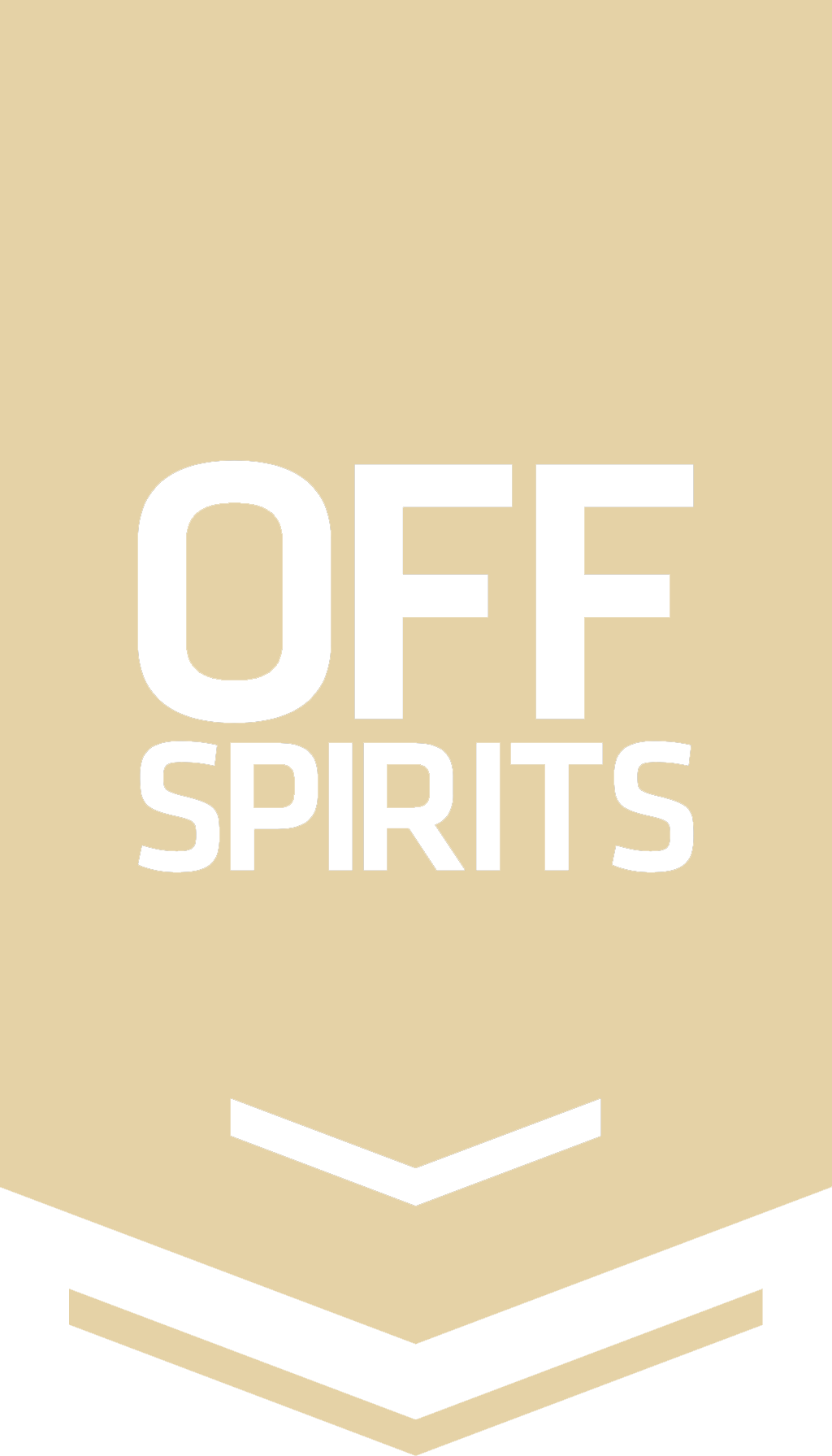Content
On the other hand, the habit model may be an effective tool in framing an addiction experience and enabling the acceptance of treatment as well as empowering the addicted person to “break the habit” of use of drugs and alcohol. Polarized thinking also surrounds the brain disease concept of addiction. People who object to it frequently say addiction is simply a failure of will; it is only about behavior, not about biology. However, a century of psychobiological research has taught us never to pit biology against behavior. We have finally learned that we do not have separate minds and bodies–dualism is dead. Since we lack a substance-specific self-control mechanism, we are thrown back on domain-general self-control resources, and these resources are easily depletable (Baumeister and Vohs, 2007).
If use stops, they will experience a series of painful side effects known as withdrawal, until either their body returns to its normal state without drugs or when they use again. The first option may take several days or weeks to accomplish, so many people opt for the latter as it is less painful. By choosing this option, the user becomes locked in a progressive cycle of addiction. Research and input from top addiction authorities, addiction medicine doctors, neuroscientists and experts from the National Institute on Drug Abuse agree in classifying addiction as a disease.
What Is Drug Addiction?
In some cases, patients undergoing a medical detoxification may discover they have health issues (anemia, infections, malnutrition) resulting from a substance addiction. This is why substance abusers should never try to beat their addiction by going “cold turkey”. Severe withdrawal symptoms combined with medical problems could cause life-threatening symptoms requiring emergency treatment.
This type of criticism could also be applied to other psychiatric disorders, and that has indeed been the case historically [23, 24]. Today, there is broad consensus that those criticisms were misguided. Few, if any healthcare professionals continue to maintain that schizophrenia, rather than being a disease, is a normal response to societal conditions. Why, then, do people continue to question if addiction is a disease, but not whether schizophrenia, major depressive disorder or post-traumatic stress disorder are diseases? This is particularly troubling given the decades of data showing high co-morbidity of addiction with these conditions [25, 26].
Addiction Robs an Individual of Their Own Free Choice
By the end of three years, only 8 percent were continuously abstinent. Although outcomes for heroin are somewhat worse than for other drugs, a large proportion of addicts continue to use in the years following treatment regardless of the particular drug involved. These outcomes are not dissimilar to those observed in Type II diabetes, hypertension or asthma, where only a minority of patients achieve clinical control after extensive treatment. The fact that significant numbers of individuals exhibit a chronic relapsing course does not negate that even larger numbers of individuals with SUD according to current diagnostic criteria do not.
There are several national and local resources available for people with an addiction. Someone with a behavioral addiction may not accept treatment because it takes time to acknowledge that they have a problem. Drug addiction and behavioral addictions will present with some similar and different signs and symptoms.
The disease model of addiction
These data suggest that commonly used diagnostic criteria alone are simply over-inclusive for a reliable, clinically meaningful diagnosis of addiction. They do identify a core group of treatment seeking individuals with a reliable diagnosis, but, if applied to nonclinical populations, also flag as “cases” a considerable halo of individuals for whom the diagnostic categorization is unreliable. Any meaningful discussion of remission rates needs to take this into account, and specify which of these two populations that is being discussed. Thus, as originally pointed out by McLellan and colleagues, most of the criticisms of addiction as a disease could equally be applied to other medical conditions [2].
What passes as clinical treatment for addiction is psychotherapy, which essentially consists of various forms of conversation or rhetoric (Szasz, 1988). One person, the therapist, tries to influence another person, the patient, to change their values and behavior. While the conversation called therapy can be helpful, most of the conversation that occurs in therapy based on the disease model is potentially harmful. This is because the therapist misleads the patient into believing something that is simply untrue–that addiction is a disease, and, therefore, addicts cannot control their behavior. Preaching this falsehood to patients may encourage them to abandon any attempt to take responsibility for their actions.
The conclusion is obvious, and these findings are actually fueling a national trend to blend public health and public safety approaches when dealing with addicted offenders. Examples abound, including diversion to treatment programs, drug courts and prison-based treatment programs. That addiction is a brain disease helps explain https://stylevanity.com/2023/07/top-5-questions-to-ask-yourself-when-choosing-sober-house.html why people need treatment at all–why most cannot just stop. Because addiction is a complex biobehavioral disorder whose development and expression depend heavily on social context, addiction treatment inevitably has many different components. The symptoms of this brain disease go beyond simply using a lot of drugs.
Who said that addiction is the only disease that tells you that you don t have a disease?
Marc Lewis: the neuroscientist who believes addiction is not a disease.


